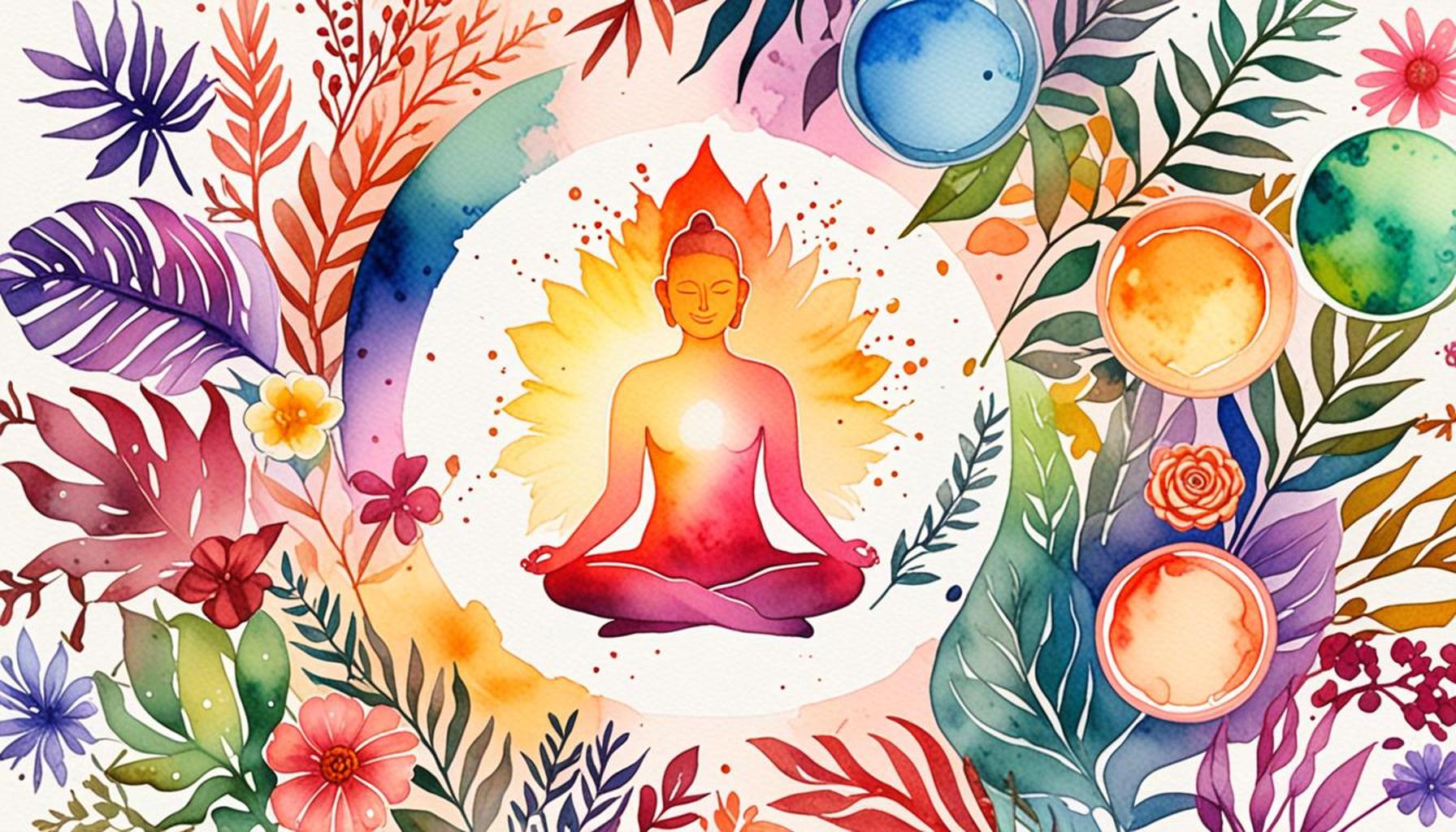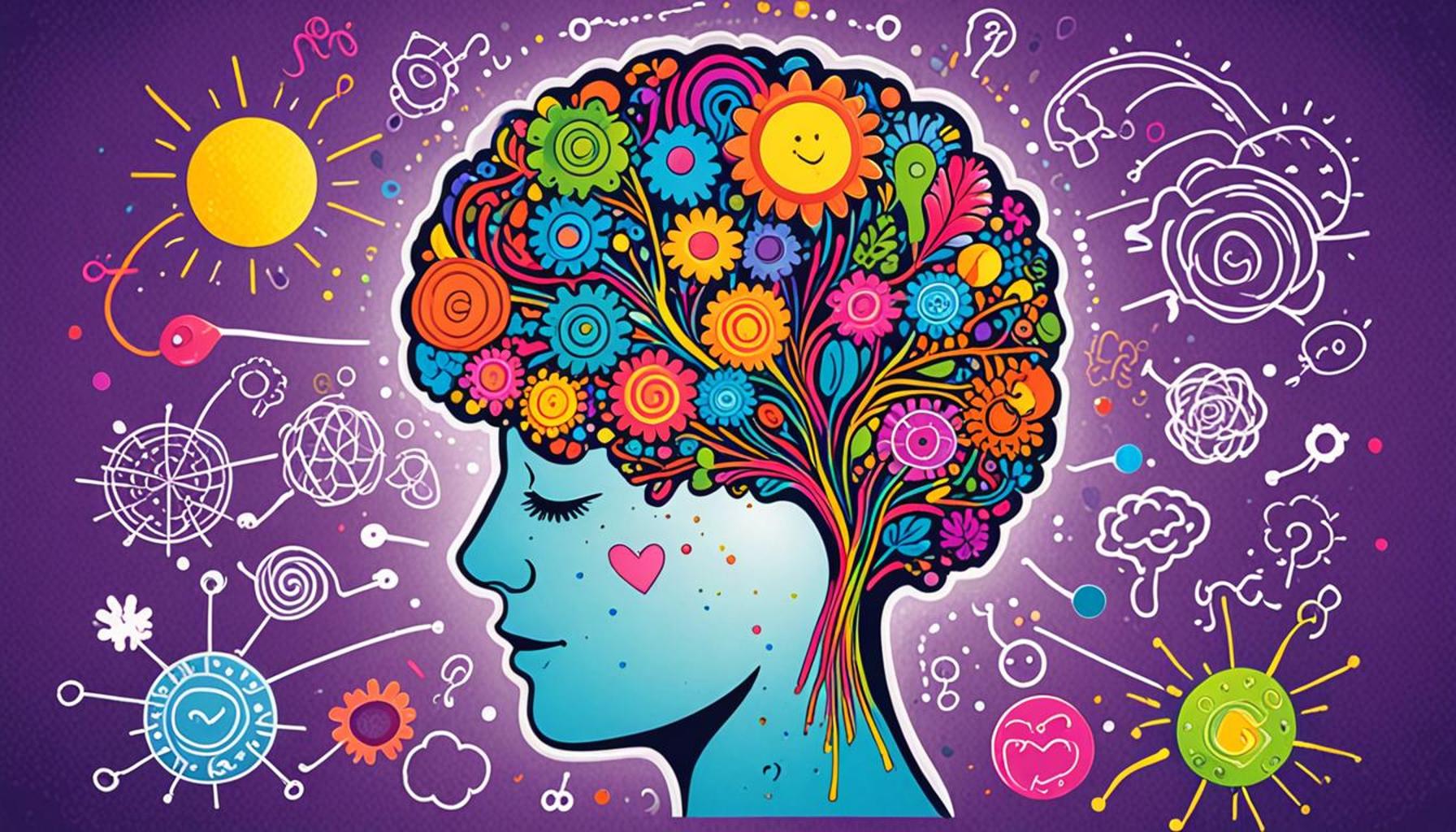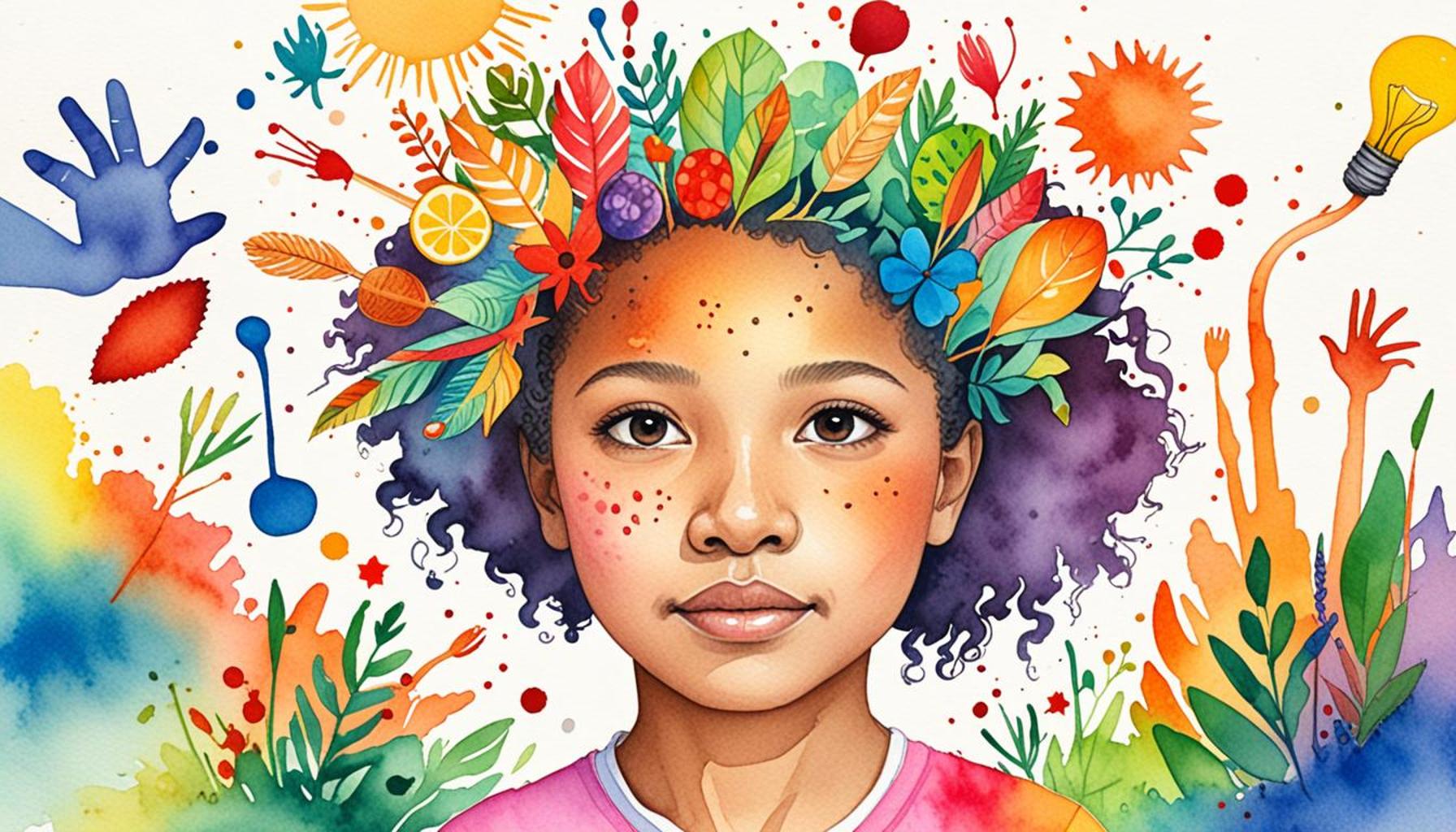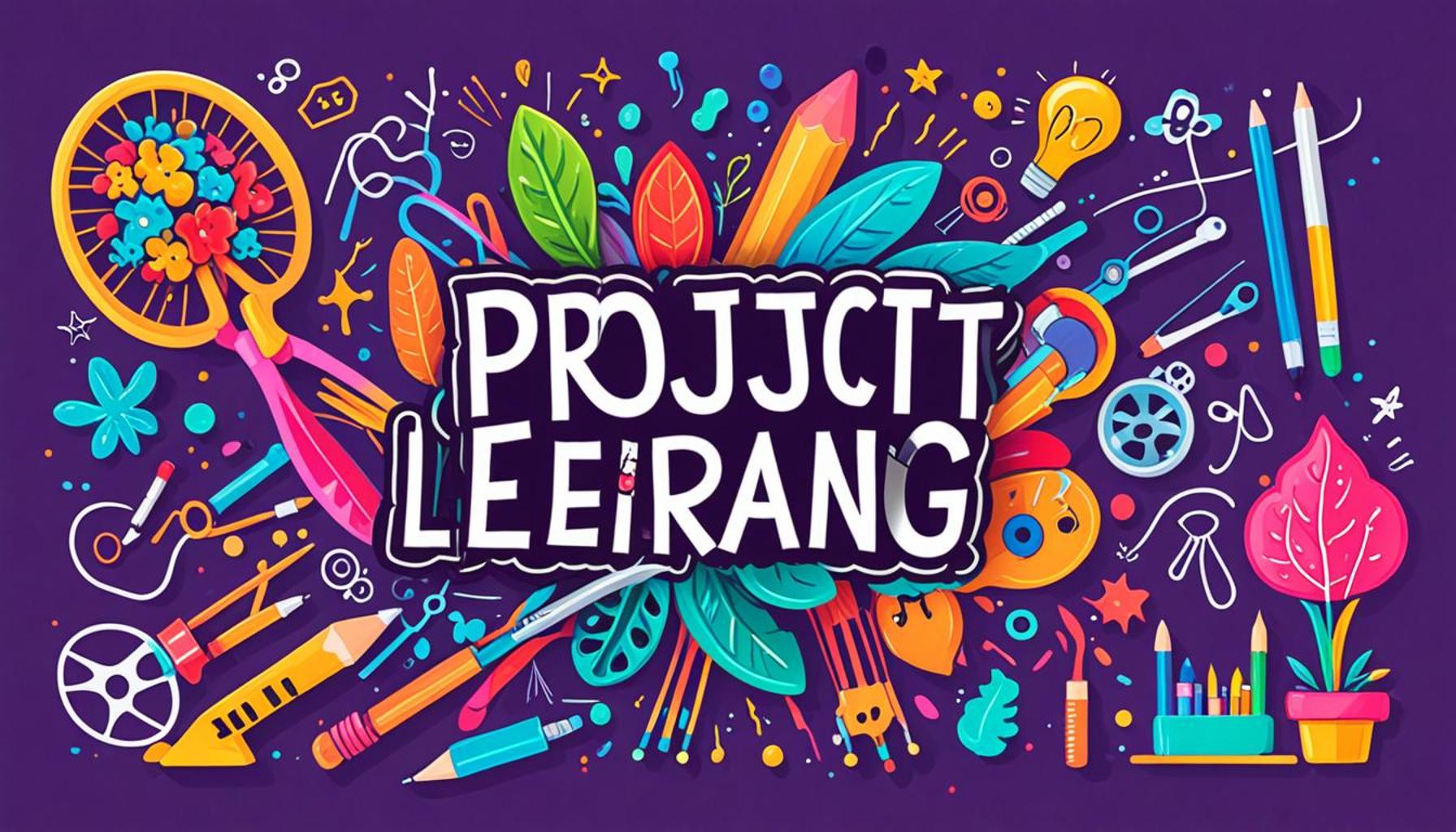Mindfulness and Relaxation Techniques as Allies in Learning and Personal Development

Unlocking Potential through Mindfulness
In an age dominated by constant notifications, social media, and a multitude of commitments, finding moments of peace can feel nearly impossible. However, mindfulness emerges as a beacon of clarity, urging individuals to immerse themselves in the present moment. This approach not only enhances focus but also fosters a deeper awareness of one’s thoughts and feelings. By cultivating this presence, individuals can experience transformative changes in their learning and personal development.
Key Benefits of Mindfulness and Relaxation Techniques
- Improved Concentration: For students juggling classes and assignments, or professionals facing tight deadlines, mindfulness can significantly sharpen attention. Research has shown that regular mindfulness practice can enhance cognitive flexibility, which is crucial for adapting to new information and tasks. Imagine a student in a bustling Nigerian university who learns to refocus their attention through mindfulness, leading to better exam performance and comprehension.
- Stress Reduction: The fast-paced lifestyle often leads to elevated stress levels, impacting well-being and productivity. Engaging in relaxation techniques, like progressive muscle relaxation or guided imagery, has been documented to lower anxiety levels. This can be particularly beneficial for Nigerians working in high-pressure environments, such as corporate settings, where the stress is relentless. By implementing simple relaxation practices, individuals can experience a greater sense of balance and calm.
- Emotional Regulation: Mindfulness equips individuals with skills to navigate their emotional landscapes effectively. It helps in recognizing emotional triggers and managing reactions, which can lead to healthier interactions both personally and professionally. For instance, a parent in Nigeria learning to respond calmly during stressful family situations can contribute to a more harmonious home environment.
The Nigerian context presents unique challenges, from the hustle of urban life in Lagos to the demands of rural living. Integrating mindfulness and relaxation techniques into daily routines can serve as essential strategies for not just coping, but thriving. These approaches enhance mental clarity and foster emotional resilience, paving pathways for personal growth and satisfaction.
Techniques to Explore
- Meditation: Starting with simple guided sessions can demystify the practice. Numerous resources are available, including smartphone apps that cater to various experience levels, making it accessible for anyone eager to embark on their mindfulness journey.
- Deep Breathing: This technique, easily practiced in any setting—be it at home, in a classroom, or amidst the bustling streets—can provide instant relaxation. Techniques such as the 4-7-8 breathing method are particularly effective, allowing individuals to ground themselves whenever the stress of daily life becomes overwhelming.
- Yoga: This ancient discipline combines physical movement with breath awareness and is beneficial for both body and mind. In Nigeria, community yoga classes are becoming increasingly popular, fostering a sense of community while strengthening both physical health and mindfulness practices.
Diving deeper into these mindfulness techniques unveils their profound impacts on learning effectiveness and personal growth. As one embarks on this journey, the benefits extend beyond skill enhancement, nurturing a holistic sense of well-being that can benefit every aspect of life.
SEE ALSO: Click here to read another article
Harnessing Mindfulness and Relaxation for Optimal Learning
The journey of education and personal development can often be overwhelming, particularly in Nigeria’s vibrant yet demanding environment. The pressure to succeed can lead to increased anxiety and distraction, impeding progress and personal satisfaction. Fortunately, integrating mindfulness and relaxation techniques into daily routines offers powerful tools that can help combat these challenges, enhancing both learning and individual growth.

The Science Behind Mindfulness
According to numerous studies, practicing mindfulness not only impacts tranquility but also has significant cognitive benefits. Neuroscientific research reveals that mindfulness can actually change the structure of the brain, improving areas associated with decision-making, memory, and emotional regulation. A notable study published in 2020 underscores that participants who engaged in mindfulness meditation demonstrated markedly improved attention spans and academic performance. Imagine a university student in Abuja utilizing these techniques to enhance concentration during her studies, ultimately leading to top grades and newfound confidence.
Why Mindfulness and Relaxation Techniques Matter
- Heightened Awareness: One foundational element of mindfulness is the cultivation of self-awareness. This practice encourages students and professionals alike to acknowledge their emotions and thought patterns without judgment. This awareness leads to better decision-making and problem-solving skills, critical in a country where navigating daily challenges requires quick and effective thinking.
- Enhanced Resilience: In societies with intense academic competition and job pressures, the ability to bounce back from setbacks is paramount. Research indicates that mindfulness fosters resilience, allowing individuals to navigate obstacles with a clearer perspective. For many Nigerians faced with economic uncertainty, developing this resilience can transform failures into learning experiences, enabling more sustainable paths to success.
- Improved Communication Skills: Mindfulness practices often emphasize active listening and empathy, skills that are essential for effective communication. Whether in the classroom or workplace, improved interpersonal skills can lead to a more collaborative and harmonious environment. A teacher using these techniques can create an open space where students feel heard and valued, fostering enhanced academic engagement.
By embracing mindfulness and relaxation techniques, individuals can cultivate a robust toolkit for managing the complexities of learning and personal development. The appeal of these practices lies in their simplicity and accessibility. In Nigeria, where urban and rural disparities create diverse learning environments, these techniques can be adapted to various settings, making them invaluable for anyone eager to optimize their potential.
Practical Mindfulness Techniques for Everyday Life
Exploration of mindfulness doesn’t have to be overwhelming. Simple practices can be incorporated into daily life. Techniques such as mindful walking, where individuals are encouraged to focus on their steps and surroundings, can be practiced during commutes on busy Lagos streets. Additionally, guided visualization can serve as a powerful tool to foster a sense of calm before engaging in crucial tasks, whether it be a presentation at work or an upcoming examination. These straightforward practices not only promote relaxation but also invigorate the mind, leading to greater clarity and productivity.
As this journey unfolds, the interplay between mindfulness, relaxation techniques, and personal development becomes increasingly evident. These allies serve not only as methods to cope with stress but as essential components in achieving a balanced and fulfilling life.
| Category | Description |
|---|---|
| Mindfulness | Engaging fully in the present moment enhances focus and retention. |
| Deep Breathing Exercises | Reduces stress and anxiety, creating a conducive learning environment. |
| Meditation | Promotes self-awareness and emotional regulation, crucial for personal growth. |
| Progressive Muscle Relaxation | Helps to alleviate physical tension, allowing for improved concentration. |
| Visualization Techniques | Enhances motivation and goal achievement by clarifying personal aspirations. |
Mindfulness and relaxation techniques serve as crucial allies in enhancing learning and fostering personal development. When individuals practice mindfulness, they cultivate a heightened awareness of their thoughts and feelings, which drastically improves retention and focus in academic or professional settings. Deep breathing exercises, on the other hand, act as a powerful antidote to stress, allowing learners to create a mental space conducive to absorbing new information.Furthermore, incorporating practices such as meditation not only promotes emotional regulation but also fosters self-awareness, making it an essential tool for those on a journey of personal growth. Techniques like progressive muscle relaxation work effectively to reduce physical tension, facilitating better concentration and retention of material being studied. Lastly, visualization techniques empower individuals to articulate and achieve their goals more effectively, adding a meaningful dimension to personal development endeavors. By integrating these techniques, learners can unlock their full potential, making learning more efficient and enjoyable.
ADDITIONAL INSIGHTS: Expand your understanding here
Integrating Mindfulness into Educational Frameworks
As the understanding of mindfulness and relaxation techniques grows, educational institutions in Nigeria are increasingly recognizing their value in enhancing learning environments. Schools and universities are encouraged to adopt these practices into their curricula, fostering not only academic success but also holistic personal development. By integrating mindfulness programs, such as mindful breathing exercises and meditation sessions, educators can create a supportive atmosphere that nurtures both students’ emotional and intellectual growth.
Mindfulness in the Classroom
The classroom setting can be a pressure cooker for students, with assessments, peer competition, and social dynamics contributing to heightened stress levels. In response, some innovative educators have successfully implemented short mindfulness breaks throughout the school day. For instance, taking a few minutes before tests to practice deep breathing can help clear anxiety-induced fog and enhance focus. A pilot program in a school in Enugu reported that after introducing mindfulness breaks, students displayed increased concentration and a significant drop in behavioral issues, highlighting the direct link between mindfulness and academic performance.
Workplace Mindfulness Initiatives
In addition to educational settings, businesses in Nigeria are also starting to recognize the merit of mindfulness and relaxation techniques. Incorporating mindfulness into workplace culture can lead to improved employee satisfaction and productivity. Companies such as Flutterwave and Andela have introduced programs that promote mindfulness through regular workshops and training sessions. These initiatives empower employees to handle stress better, which is critical in fast-paced industries that demand adaptability and innovation. Surveys indicate that organizations heavily investing in employee wellness through mindfulness practices report a rise in employee morale, reduced burnout, and significant improvements in team dynamics.
The Role of Technology in Mindfulness and Learning
Advancements in technology have also played a pivotal role in making mindfulness more accessible to the masses. With a slew of apps available, such as Headspace and Calm, individuals can now practice mindfulness conveniently from their smartphones. These platforms often provide tailored programs that cater specifically to students and professionals, tailored to mitigate anxiety, enhance focus, and promote relaxation. In urban areas like Lagos where commuting times can be long and stress-inducing, short guided meditations available via such apps can be a game-changer. Users can carve out pockets of peace in otherwise chaotic days, reinforcing their capacity to engage fully with their studies or job tasks.
Cultural Considerations and Local Adaptations
In Nigeria, it is essential to ensure that mindfulness practices resonate culturally. Incorporating elements of local traditions, such as African drumming and dance, can enhance mindfulness sessions. These activities not only promote relaxation but also foster community engagement, creating a supportive framework for individuals who may otherwise feel disconnected from more mainstream mindfulness practices. By adapting techniques to reflect local beliefs and values, organizations can encourage greater participation and generate a sense of belonging among practitioners.
The relationship between mindfulness, relaxation techniques, and personal development continues to gain momentum across various sectors. As more individuals recognize these tools as vital allies in their learning journeys, the possibilities for enhancing educational experiences and personal growth in Nigeria appear limitless.
ADDITIONAL INSIGHTS: Expand your understanding here
Conclusion
As the conversation around mindfulness and relaxation techniques deepens, it is clear that these practices can serve as powerful allies in the realms of learning and personal development. The integration of mindfulness in educational institutions and workplaces can transform stressful environments into nurturing spaces that prioritize emotional well-being alongside academic and professional achievement. From schools in Enugu implementing mindfulness breaks to companies like Andela promoting employee wellness programs, the positive outcomes of these initiatives are becoming increasingly evident.
The advent of technology further enhances accessibility to mindfulness resources, allowing individuals to tailor their practices to suit their unique needs and lifestyles. Additionally, cultural considerations are essential, as local adaptations can foster a greater sense of community and connection among practitioners. In a diverse and vibrant society like Nigeria, blending traditional practices with modern mindfulness approaches can create inclusive environments that resonate with individuals from various backgrounds.
Ultimately, recognizing the significance of mindfulness and relaxation techniques is vital in cultivating resilience, focus, and personal growth. As more individuals embark on this transformative journey, they unlock the potential for not only improved academic performance and workplace productivity but also a more fulfilling life. The time has come for learners and professionals in Nigeria to embrace these techniques wholeheartedly, paving the way for a brighter, balanced future.



